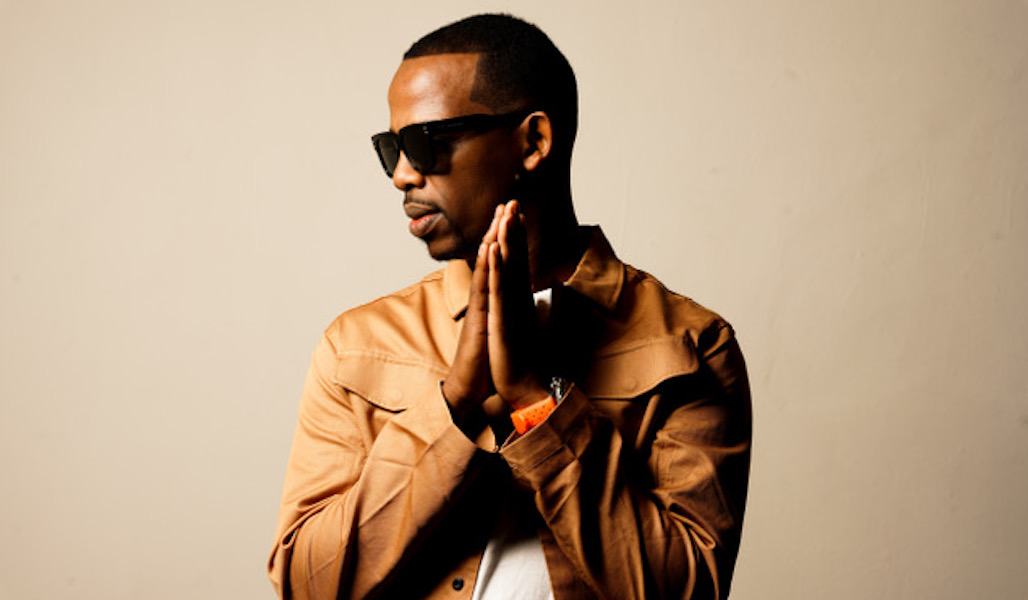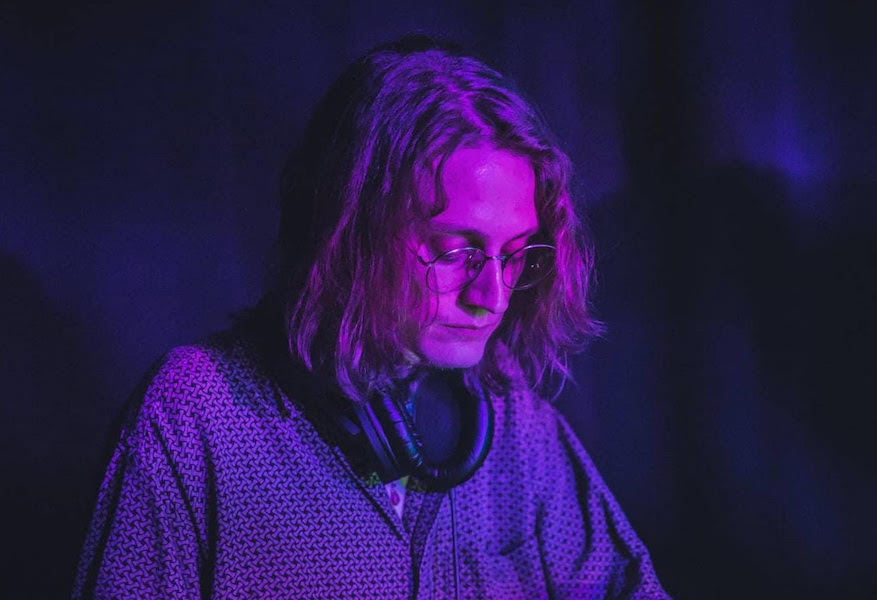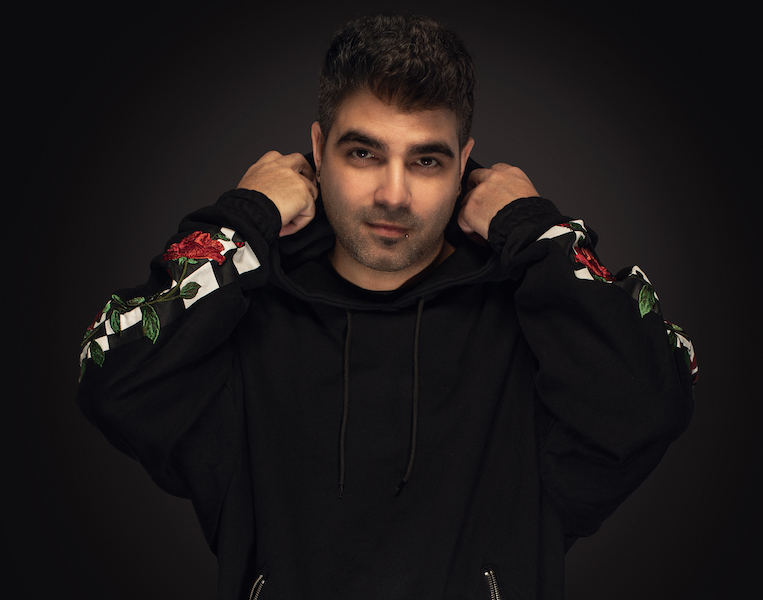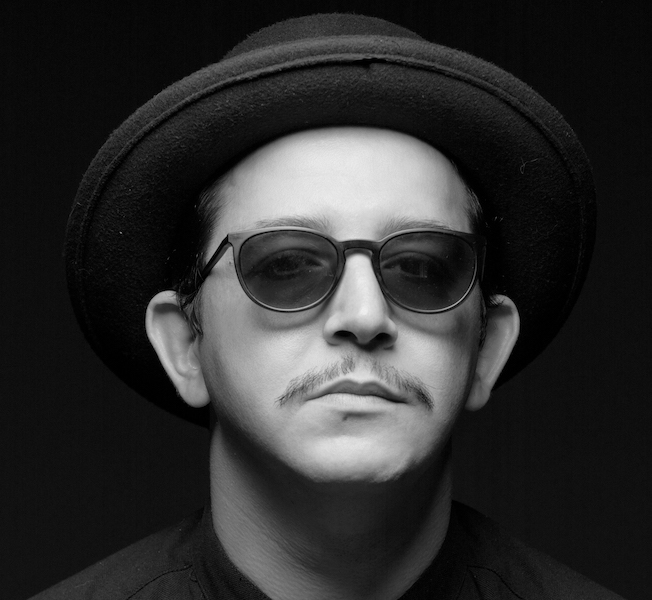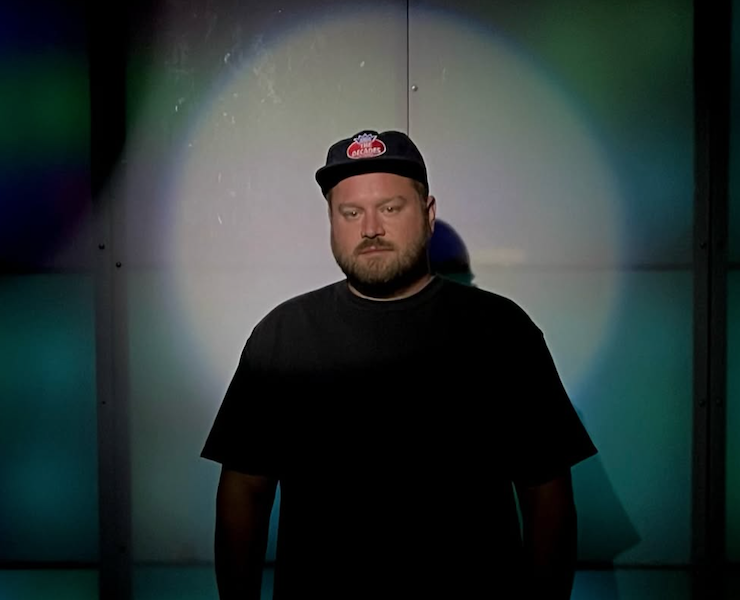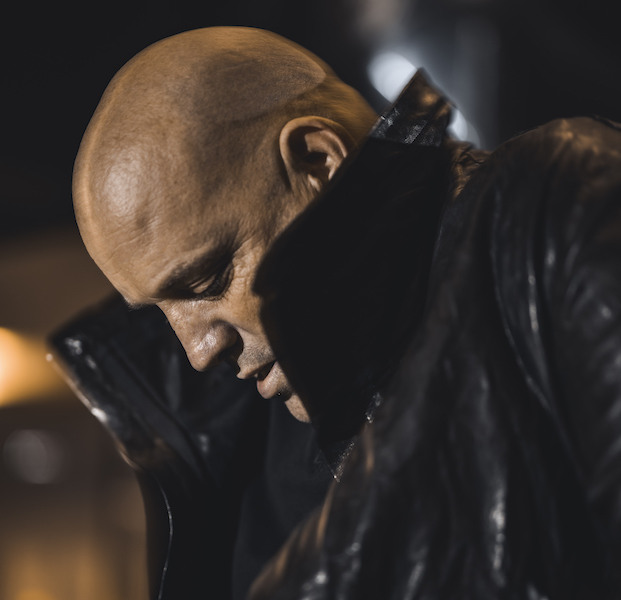A sensation in South Africa since his single ‘Osama’ went viral on South African Twitter, Zakes Bantwini has reached dizzying heights going on to be booked across Spain, Portugal, Dubai, Bali and more.
His magnus opal album ‘Ghetto King’ gained him various awards including two South African Music Awards (SAMAs) for highest airplay and best collaboration. Bantwini also runs ’Studio’ , a lifestyle venue located at the famous luxury Cape Town Venue The Rockafeller.
We sat down with the artist to find out more about the man behind the music…
WWD: Hey Zakes, great to meet you! How has your summer been going so far?
Summer this year has been great. I have visited a lot of different countries this summer and people have been enjoying my music, it has been amazing.
WWD: You won a Grammy last year. How did it feel to win such a prestigious award? What feelings did you have?
Yes, of course, after winning a Grammy you are never the same artist that you were before. A Grammy is the epitome of a music accolade, every musician wants to have a Grammy just like every actor wants to have an Oscar so yes, winning a Grammy has changed my career and there is nobody who doesn’t know about the Grammys. So even if they don’t know who you are, once they hear that you have a Grammy they start realizing how much of a serious musician you are. There were so many collaborations that came my way after people started hearing about me through the Grammys and hearing that I won a Grammy. I have had a lot of requests to produce as well as collaborate with some of the biggest acts in the world. Winning a Grammy really did change my career.
WWD: Your recent collaboration with Bob Sinclair on ‘Love Generation Reimagined’ has been a huge hit. Can you share how this collaboration came about and what it was like working with him?
Friends reached out to us and said that he had this record by Bob Sinclair, ‘Love Generation,’ which I grew up listening to, and they asked if we were interested, which of course we were and that’s where it all started.
This record means a lot to me, I remember it was one of those records from back in the day that made me fall in love with house and dance music. I live in South Africa so at the time what was on the radio was something different, we used to call this kind of sound “international” so the house music that was coming from outside of South Africa was called “international”. You could only hear these songs in the club or from the DJs at the time. You couldn’t hear them on the radio. This song is very nostalgic for me. I literally remember when I was at school and it was raining heavily, we were out on a school trip, a picnic during tertiary, and the DJ who was playing played ‘Love Generation’ and we didn’t care about the rain. I remember everybody jumping in the rain with their T-shirts up dancing to that record, so it really means everything to me. I am very excited to be apart of such a record, it really means a lot to me.
WWD: ‘Osama’ was a game-changer for you, especially with its viral success on South African twitter. How did it feel to see such a massive reaction, and how did it impact your career trajectory?
Osama was really one of the biggest dance songs to come out after 2019. After Covid, it really went viral across the world, not only in South Africa. It was so beautiful for me to see that the world was ready to consume African or South African music without any European influence or any European force/collaboration. I come from an era where if you wanted to have a Global song you would be told by record labels that you need a collaboration or that you need someone from Europe or the United States to jump on the song for the song to become an international sensation. So it was just beautiful that a song made in Durban, South Africa could take over the world, it was really amazing. I have been in the industry for a really long time but I think Osama is the biggest record that I have ever produced or worked on so far and shout out to Kasango for collaborating with me.
WWD: Your album ‘Ghetto King’ received significant acclaim, including two Samas. What was the inspiration behind this album, and how did you approach creating it to ensure it resonated with such a wide audience?
Ghetto King is an album that I worked on during covid and I had time to really explore and borrow from what was happening in European Dance music, South American and American Dance music, as well as African dance music. So I borrowed a lot from different continents to really try and create this sound sonically which we ended up with. There are a lot of synthesizers that I used, a lot of arpeggios and a lot of deep bass lines, rhythmically we used a lot of African rhythms and a lot of counter melodies. So it was really a melting pot of melodies and sounds that people around the world would enjoy. That is really what the ‘Ghetto King’ album was all about, creating a sonic music direction that everyone will see themselves in. A pot of different ingredients from different countries, everyone would be able to hear themselves in this album, hear their musical influence and I think that’s where the success of this album comes from. People call this approach different things, but I call it afrotech.
WWD: You’ve performed across various international locations like Spain, Portugal, Dubai, and Bali. How do you adapt your performances to connect with diverse audiences in different parts of the world?
What is so beautiful about performing in different countries right now, and what makes me feel so lucky, is discovering that people just really love the music. I can play the same set in South Africa, Bali, Dubai, and Spain. It is such a beautiful time right now because people are willing to discover music, and they are so receptive to what we are doing and what I am doing. So, the person that I am and the set I would perform in Africa is the same set I would play in Europe. It is amazing—what a beautiful time. As long as you get the music right, people across the world will jam to the same song. For me, it is no longer about changing my sound according to the territory that I am in; people who come to my shows know my sound, are receptive to what I do, and are willing to really discover new music. I am so lucky that I can prepare a set that will work everywhere in the world.
WWD: Running ‘Studio’ at the Rockefeller in Cape Town is a unique venture. What inspired you to start this lifestyle venue, and how does it reflect your personal style and vision?
Having a venue is an extension of us as musicians and shows the world that we are not just musicians but also businesspeople. We call it Studio because of the music industry; it really is just an extension of what I do. I wanted people to experience a nice venue—it’s intimate and has full views of Cape Town, Table Mountain, and the sea. I wanted to create a venue that I myself would enjoy. Shout out to my business partners Ryan Joffe and Sibo Mhlungu for making it possible.
WWD: As a multi-instrumentalist, how do you decide which instruments to incorporate into your music, and what role does each play in shaping your sound?
I always say that a song really makes itself; you have to allow a song to speak to you and just follow its calling. An idea will come to you as just an idea, but it will also tell you what kind of idea it is. When I was writing Osama, the melody came to me in the form of a cello, so when I see a string section playing Osama, it makes sense to me because that is where it comes from. Instead of using a cello, I added vocals, but the melody is a cello melody. So, sound patches and choosing each sound patch is very important to me. Sometimes I hear something that might approach itself as a percussion, but I might replace it with a bass. I might change a hi-hat with a kick or a clap. When I get an idea, it normally comes with a sound attached to it, and then I decide how I want to switch it up to give it a noticeable role in a song. I do a lot of sound design to get the exact sound that I want for a song.
WWD: The South African music scene has seen a rise in global recognition recently. How do you see your role in this movement, and what do you think sets South African music apart on the global stage?
I think what sets South Africa apart is that we really are a dancing nation, so when it comes to dance music, it just makes sense. Just go onto TikTok, and you will see South Africans straight up running the TikTok dance challenges. We love dancing in South Africa, so it makes sense for us when it comes to dominating dance stages. Creatively, we have so much to offer. We have great musicians who came before us, but someone like myself who studied music knows we have universities, colleges, and technikons that teach music in South Africa. That also contributes to the creative space that South Africans find themselves in, where they are able to push the envelope. When you are young and South African, you want to produce a song that competes globally because South African radio stations play everyone’s music, so you are competing with the greats on the radio. For your song to play on the radio, you have to do better than them. South African radio stations are not lenient in saying that because we are a South African radio station, we will play South African music. This pushes us to create dope music so that we can actually claim our own radio stations and Spotify/Apple playlists because we have been overlooked for a long time. To claim our space, we knew we needed to be the best. I think we are the best dance country—we have the best producers, the best vocalists, the best DJs. I am not really surprised that dance music, including Amapiano and South Africans, is dominating the music space. We have been great for a long time, but we also knew we needed to be great in order for us to claim our spot so the world could not overlook us anymore.
WWD: Collaboration seems to be a big part of your career. Can you tell us about a memorable collaboration experience and how it influenced your music?
Music is a collaborative effort; in its essence, that is what it is. Music itself seeks to collaborate. Every song has collaboration—every instrument collaborates with another to make a song. Drums collaborate with a bass, with a voice, with strings, to make a song. I love collaborating; you can’t make music without collaborating instruments and minds. My best songs are the ones where I have collaborated with people, and I have accepted that music is a collaborative effort. You cannot work as if you are an island; you will not get the best results. You will get the best music when you open yourself up to learn and to teach, which is what I have done, and it has worked. I would encourage everyone to try and collaborate as much as you can because when you do, everyone in the studio will aim to push the envelope. You will never be able to compete with my creativity when you want to work on your own because I have a team of people who make me great, and who I make great. I am in such a sweet spot because I accept that music has to be shared.
WWD: Looking ahead, what can your fans expect next? Are there any new projects, collaborations, or ventures you’re excited about that you can share with us?
I have a big show that I am doing in Cape Town on the 16th of December, with around 15,000 people. I am really looking forward to that. The festive season in Africa is in summer, so that is something else to look forward to—there will be a lot going on. I will be dropping a couple of songs while I am on tour. Love Generation has just dropped, and I will be releasing at least two more songs before the year ends.
WWD: Sounds amazing! Thanks for the little chat 🙂
‘Love Generation’ is available here

